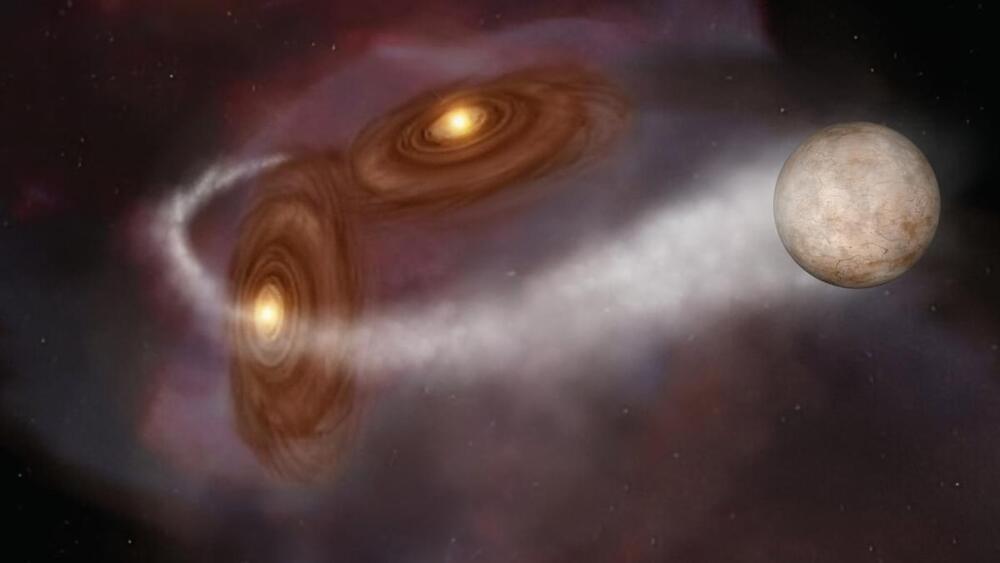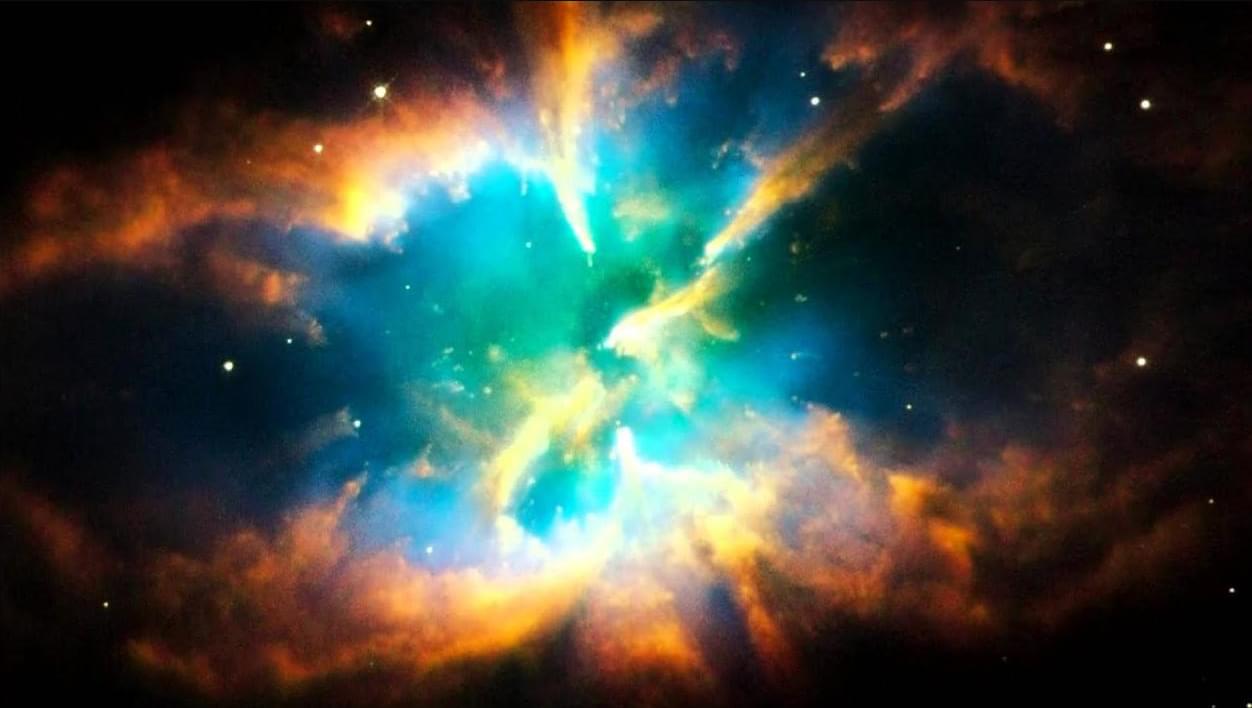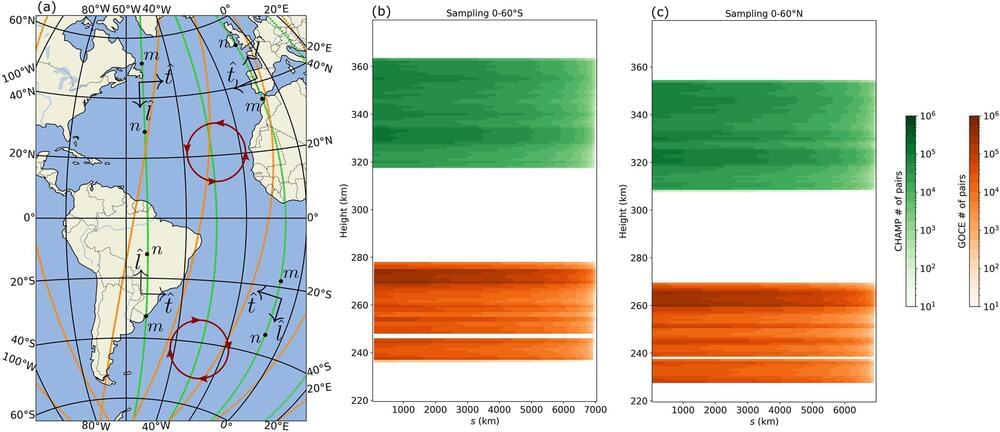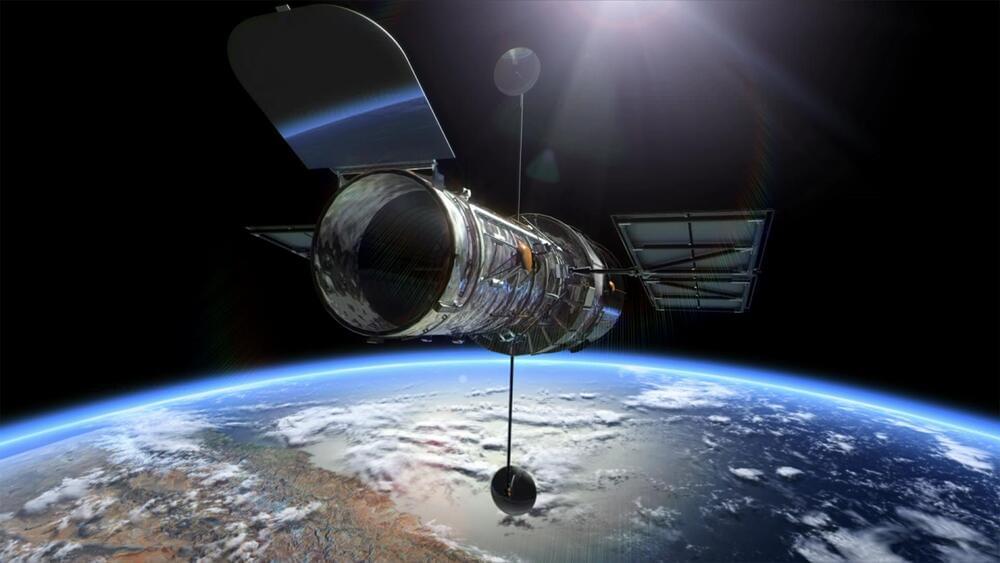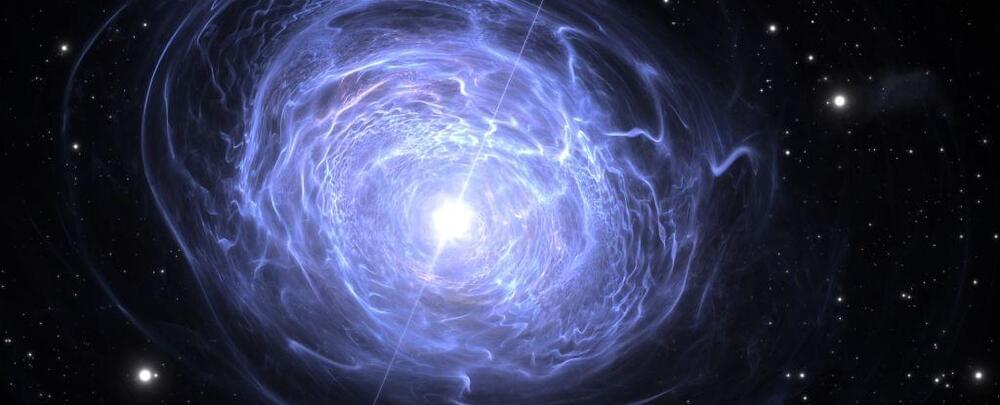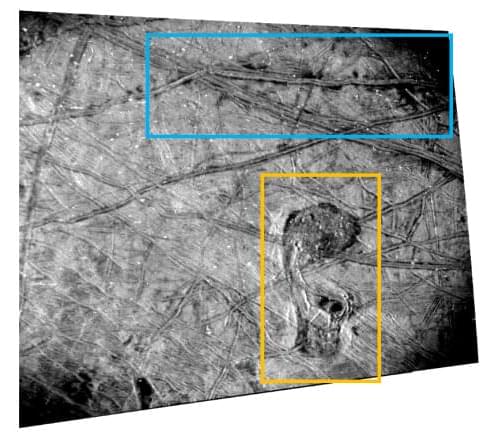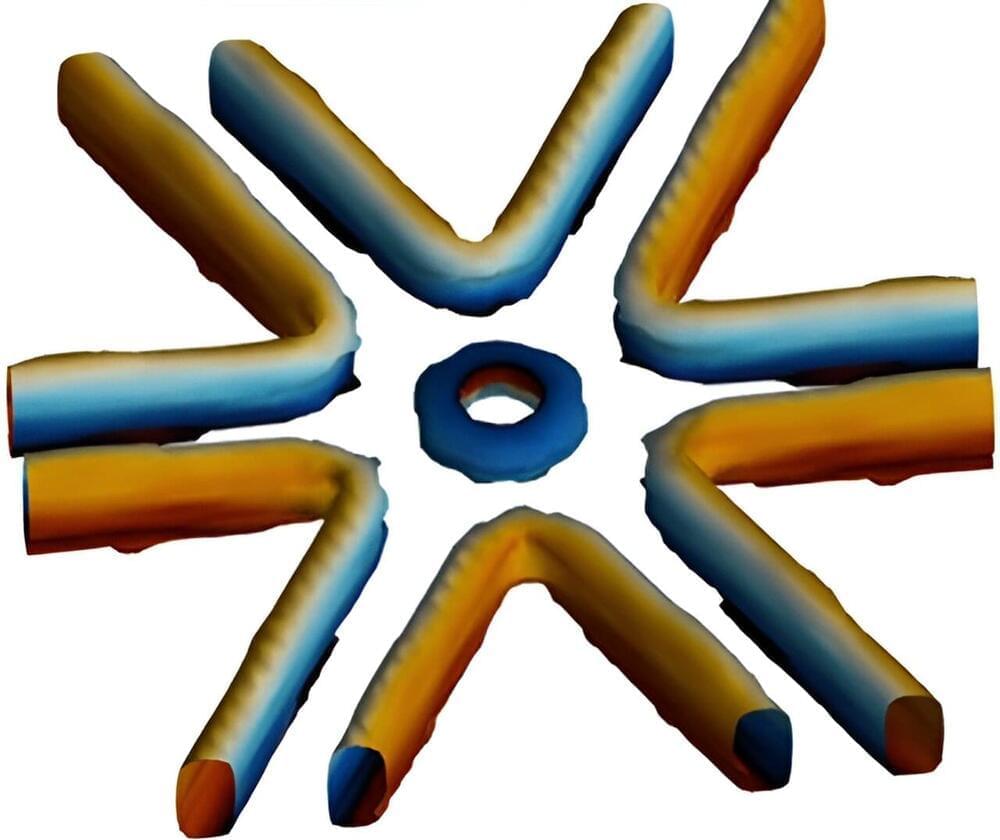
New studies show photon polarization is constant in varying environments, potentially improving plasma heating methods for fusion energy advancement.
Light, both literally and figuratively, pervades our world. It eliminates darkness, conveys telecommunications signals across continents, and reveals the unseen, from distant galaxies to microscopic bacteria. Light can also help heat the plasma within ring-shaped devices known as tokamaks as scientists work to leverage the fusion process to produce green electricity.
Recently, researchers from Princeton Plasma Physics Laboratory have discovered that one of the fundamental properties of photons—polarization—is topological, meaning it remains constant even as the photon transitions through various materials and environments. These findings, published in Physical Review D, could lead to more effective plasma heating techniques and advancements in fusion research.

